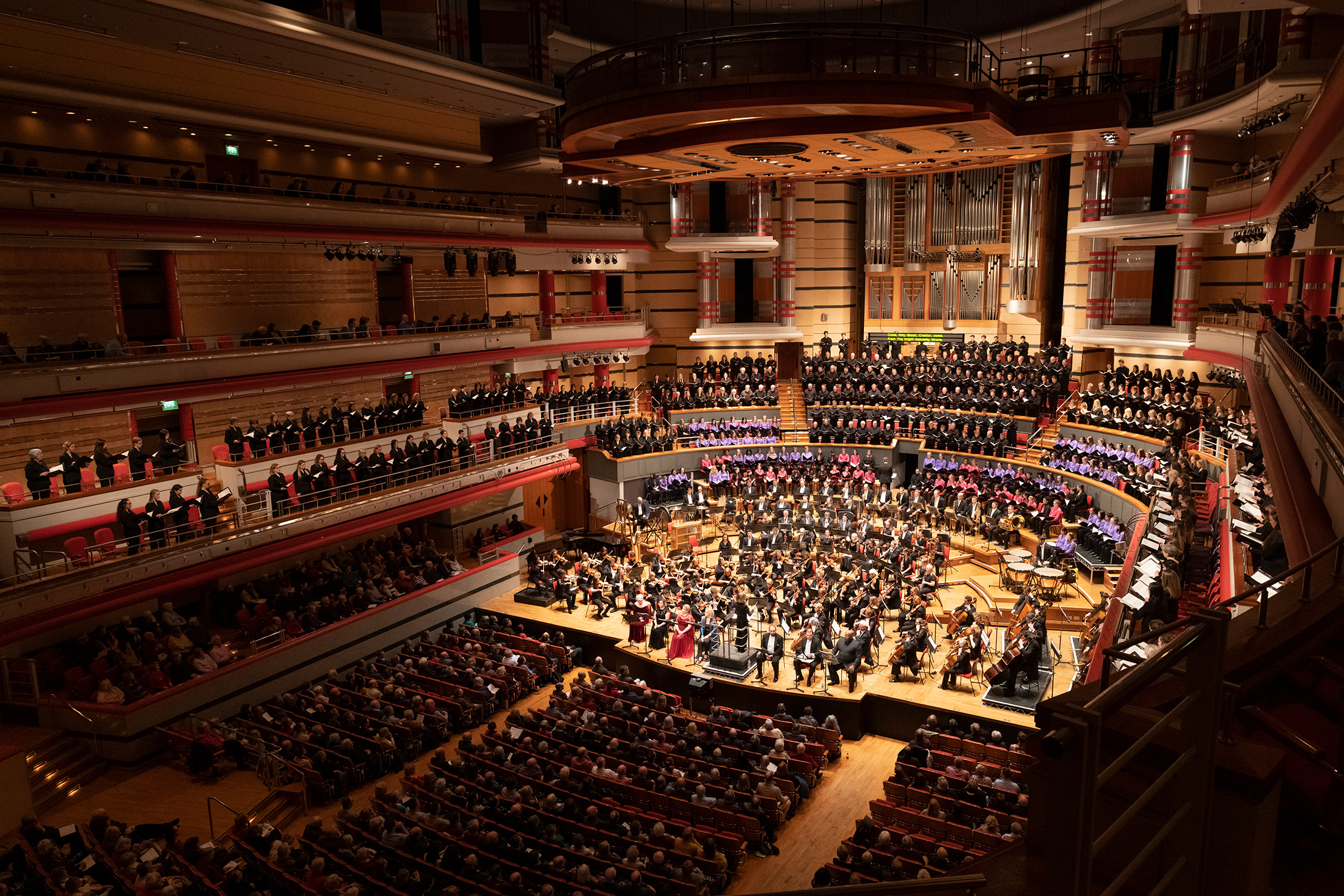I see this morning that Gary Lineker presenter of Match of the Day will be ‘spoken to’ by BBC people about his tweet about the Government’s recently announced asylum seeker legislation. He says that the language used in it is reminiscent of 1930s Germany.
He may or may not be correct about that and he’s certainly entitled to hold that opinion, it’s just that BBC guidelines for presenters and staff make it quite clear that expressing that view publically is A Bad Thing as its calls into question the BBC’s impartiality.
It’s not the first time Lineker has caused a bit of a storm in this way. In my memory, he’s often needed to be ‘spoken to’. And yet Lineker’s still there being paid £1.35 million to present football fixtures on Match of the Day.
This is irritating because £1.35million is around about the same amount of money they BBC hopes to save in relation t other cuts its announced yesterday to performing groups in order to help mitigate the Licence Fee shortfall. The announcement was backed up by a report carried out last year investigating the impact the BBC had on the UK musical output. 20% of all musicians in the BBC’s English orchestras will be cut. The entire BBC Singers will be got rid of, just short of its 100th anniversary.
Simon Webb, the BBC’s newly appointed Head of Orchestras (formerly General Manager of the BBC Philharmonic) was on Radio 3’s In Tune and Radio 4’s Front Row defending the announcement, suggesting there was some wriggle room in all of this given that the BBC would now be entering into ‘consultations’ with the Musicians Union over their plans.
In my experience, the BBC person defending unpopular cuts is rarely the person who has taken the decision. Indeed decisions like these are rarely taken in isolation and nearly always form part of an extended series of other changes, including putting someone in post who can then act as a mouthpiece for those unpopular cuts. The collection of decision-makers in such situations is nearly always found higher up the food chain, not being grilled on air, hiding behind a curtain somewhere.
Thus, in the hours that followed the BBC issuing a statement on 20% cuts to BBC Orchestra jobs, and the entire BBC Singers group months short of its 100th anniversary, the question isn’t only why did they thinking cutting the only singing group would be best of clutch of stinky ideas, but what message are you actually putting out? (I’ll come on to this later). Also, who were the other people in the decision-making process? Do they know anything about classical music? Why didn’t any of them make a stand and come up with a more creative solution, or even a more progressive idea?
Arguably this is just the next step in a long series of steps which started a few months ago, signalled by the departure of various people from the BBC’s classical music ecosystem. First, the news of the intended departure of the Head of PR and Comms for the BBC Proms and Performing Groups in 2022. Later, the departure of the BBC Symphony Orchestra’s General Manager Paul Hughes followed by the creation of the Head of Orchestras role.
In the past few months, Radio 3 Controller Alan Davey has signalled his departure, his replacement Sam Jackson has been announced, and most recently producer and Proms editor Edward Blakeman has retired. The timing of these departures isn’t a coincidence and the order of those announcements was important too. Presumably, some saw the writing on the wall and felt it wasn’t something they wanted to be associated with. Or maybe they began to realise that their advocacy wasn’t being listened to and that they risked being associated with a spot of cultural vandalism.
There is I learn a lack of understanding of the contribution the BBC’s performing groups really make to the UK cultural landscape, with more of a bias towards pop which is presumably for those decision-makers a whole lot ‘easier’ to understand. How could someone who appreciates the genre think this decision made sense?
Maybe the writing was on the wall when that person was put in post (see the announcement of Lorna Clarke’s appointment here) by Chief Content Officer Charlotte Moore who herself is on £430,000. Maybe it was this reorganisation that signalled why so many key managers started to abandon ship, therefore making it easier to implement a strategy that was intended all along. It’s just a theory.
These plans are it seems to me only the overture. All eyes should be on the Proms line-up announced in a few weeks’ time. I can’t believe they’ll escape unscathed (although interestingly the changes there will be more difficult to discern and criticism easier to bat away). Presumably, there will be further cuts down the line too. After all, a group of decision-makers who don’t care about classical music are surely going to look at three English orchestras as over-providing and cut it right back to one.
In the meantime, there is one lasting message communicated by this announcement: the BBC doesn’t really understand classical music. It doesn’t really care about it. It doesn’t really care that we know it doesn’t care either. Thus, making the decision to cut an entire performing group a relatively straightforward decision to take.
It shows that the BBC has fallen in line with the Government. Music isn’t important. It has no value. It is just an on-demand service. That’s why it feels able to ditch the BBC Singers. They’re happy to pay for Lineker and repeatedly risk its organisational reputation, than make a stand for its own heritage. For music. For the future.
Spineless ignorant fools.
Update (12 March 2023)
Whilst Lorna Clarke no doubt carries an enormous amount of the responsibility here for some mind-bogglingly stupid decision-making, there is one other person whose cone-headedness plays an important role in the clusterfuck too.
Back in 2010 Davie was interviewed by John Plunkett, defending his decision to cut 6Music. There was an almighty outcry when the then Head of Radio and Music sought to cut a well-loved radio station. The resulting audience and industry led-campaign was the bête noire of the Press Office and BBC Radio. 6Music was eventually saved.
Thirteen years later the former ‘Pepsi Boy’ has amongst his senior team people who seek to cut one of the BBC’s core performing groups and 20% of its orchestral players contracted to English orchestras.
All this whilst attention is focussed on a sports presenter who pulls in at best 2.5m viewers for a football magazine programme, the same person who has sailed close to the wind publishing personal views on government policy. The arguments for Lineker’s case seem much easier to understand now.
Davie must be – despite appearances in his interview – nervous about what might transpire. Who goes? Will it be Davie or Lineker? It surely can’t be both.
Arguably, Lineker doesn’t need the money the BBC throws his way. The irony is that the former Pepsi Marketer thinks that cutting a significant number of BBC musicians is a far more effective way of cutting costs. It seems he displays as much knowledge about the classical music industry as he did about the 6Music audience 13 years ago.
Whether Lineker goes and the BBC Singers remain or vice versa, there is one thing for certain. Just like last year (assuming he’s still in post) you can be guaranteed that Davie will take his seat in the stalls at the First Night of the BBC Proms this year, just as he did last year. (I sat in the row in front of him).
As in previous years pre-pandemic, the First Night is a potent opportunity to ‘sell’ the BBC to policymakers and MPs. It is the DG’s night. I do so hope that every person on the guest list makes a point of reminding Davie how he and his senior advisers want to cut by 20% the very orchestra playing the opening night they’re all settling down to watch.
I have shifted my position on Lineker. Nearly seven days after Simon Webb and Lorna Clarke’s laughable ‘New Strategy for Classical Music’ was released, I’m thinking that it would be better to keep Lineker and wave goodbye to Tim Davie. At least that way we might stand a better chance of saving the talent that provides the most value to the most people for the most time.
This post was updated on 12 March 2023 after having researched more about previous decisions executed by Tim Davie.



